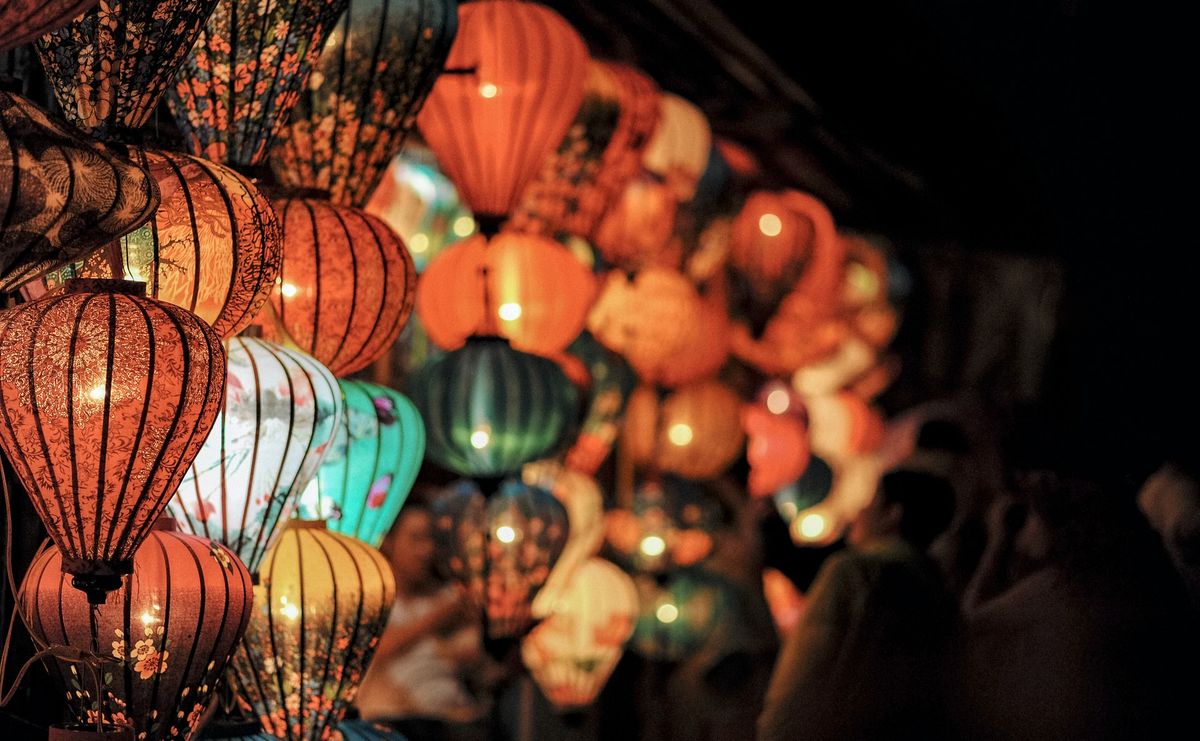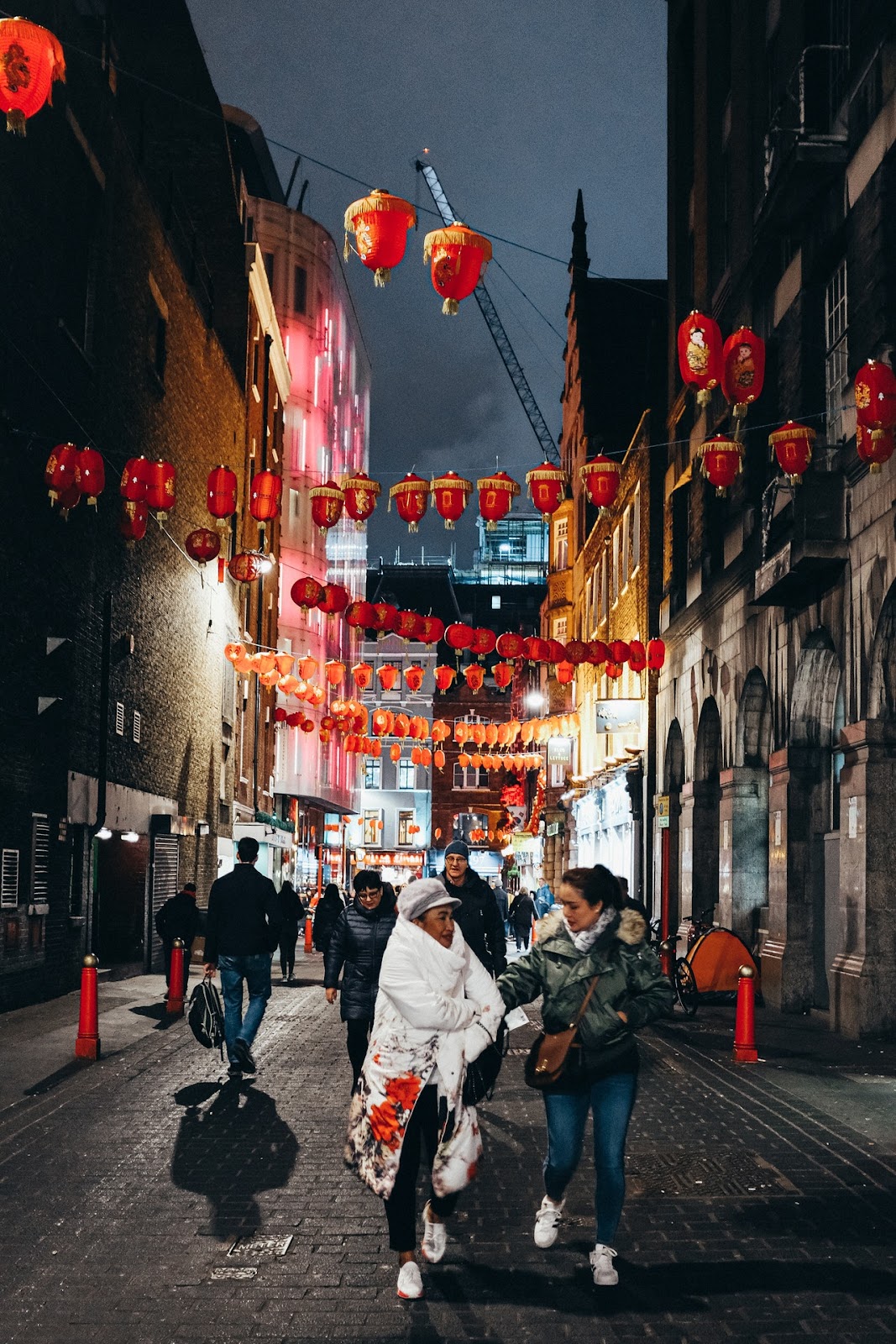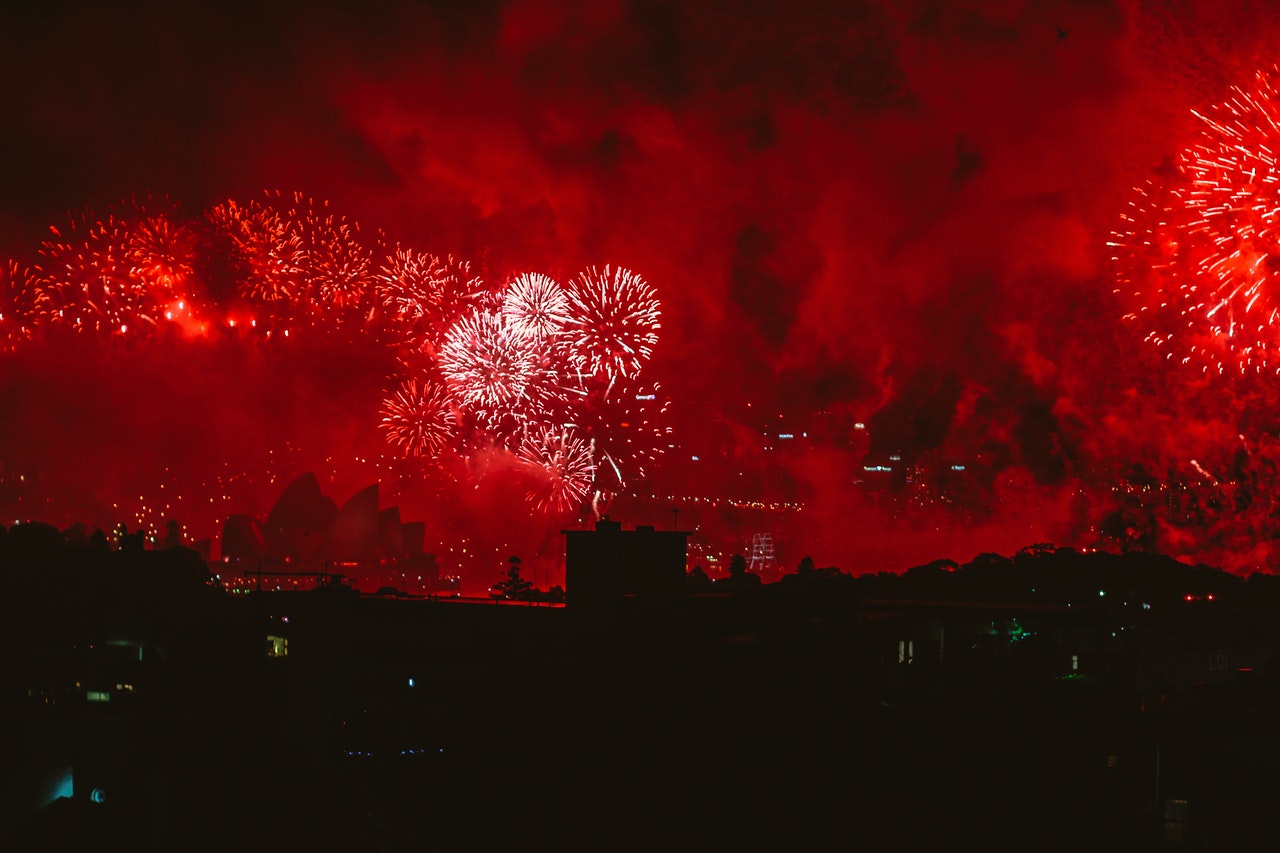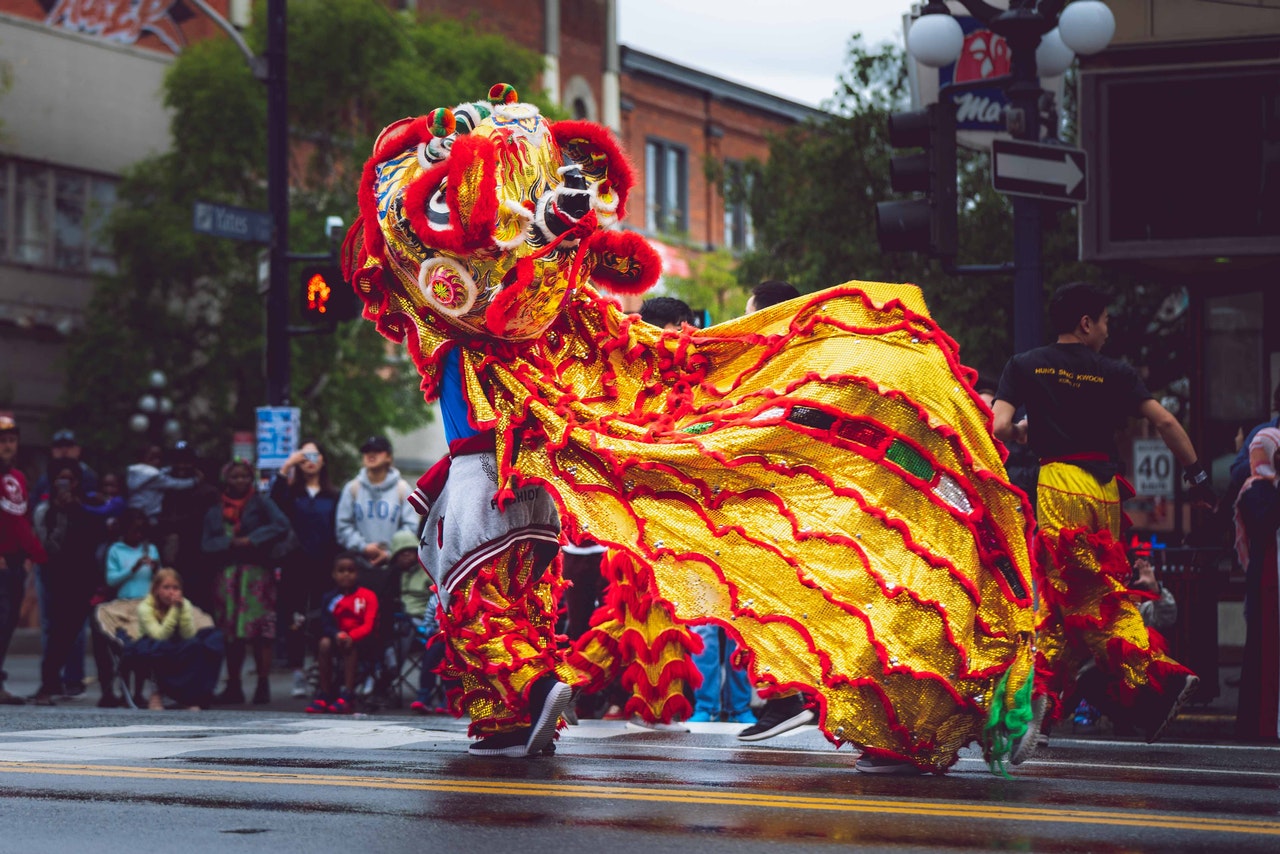Everything you need to know about the Chinese New Year festival

A few minutes every morning is all you need.
Stay up to date on the world's Headlines and Human Stories. It's fun, it's factual, it's fluff-free.
Although the festive season in the United States typically refers to that period from Thanksgiving to New Year’s Day, the Chinese New Year festival season – also known as Lunar New Year “农历新年" or Spring Festival " 春节" – marks another huge celebration for several Asian countries.
The Chinese New Year festival season typically occurs between mid-January and mid-February, and it’s the most significant among traditional Chinese festivals. We celebrate this Lunar New Year with the traditional greeting, 恭喜发财 “Gōngxǐfācái" (or in English, “Kung Hei Fat Choy," which roughly translates to “Congratulations and be prosperous") on Friday, February 12, which is the Year of the Ox.
Why does the date change each year?

It is also referred to as the Lunar New Year because it marks the first new moon of the lunisolar calendars traditional to many Chinese and East Asian cultures, which are regulated by the cycles of the moon and sun. As The New York Times describes: “a solar year – the time it takes Earth to orbit the sun – lasts around 365 years, while a lunar year, or 12 full cycles of the Moon, is roughly 354 days." While in Western cultures the New Year is celebrated every January 1, the date of the Chinese New Year festival season changes each year, as it is based on this lunar calendar.
Astronomical records indicate that the calendar existed as early as the 14th century B.C. when the Shang Dynasty was in power. The Chinese calendar is considered a complex timepiece which functioned as a religious, dynastic and social guide. Its parameters were also reset based on the emperor in power which varied from one region to another. The principles of “Yin and Yang” – the polarizing and complementary forces that create a harmonious world – also influenced the calendar.
What is the difference between the Lunar New Year and Chinese New Year?

The Lunar New Year is not only celebrated in China, but it’s also recognized across several countries in Asia, including South Korea and Singapore. In Tibet, Lunar New Year is known as Losar, while in Vietnam it’s Tết. In the US, however, it’s most commonly referred to as the Chinese New Year festival, with “the largest segment of the Asian American population in the United States being Chinese" says Nancy Yao Maasbach, president of New York City’s Museum of Chinese in America.
Within China, the Chinese New Year festival is typically a 15-day celebration which begins on New Year’s Eve with Chinese families gathering for an annual reunion dinner packed with traditional Chinese New Year delicacies. It concludes with the Lantern Festival. Although the set of customs and practices concerning the celebration are varied in each region, it generally centers around three main themes of “fortune, happiness and health," says Maasbach.
Why is Chinese New Year celebrated?

Chinese New Year is associated with several myths and customs. It is most traditionally a time to honor deities and ancestors as well as to celebrate “new beginnings." It is also custom for families to clean their homes, to rid any bad luck and to welcome good fortune from the new year. Other customs include decorating windows and doors with red paper-cuts and couplets that include messages of good fortune, happiness, wealth and longevity. Other activities include lighting firecrackers and giving money in red paper envelopes.
Have a tip or story? Get in touch with our reporters at tips@themilsource.com




Comments ()